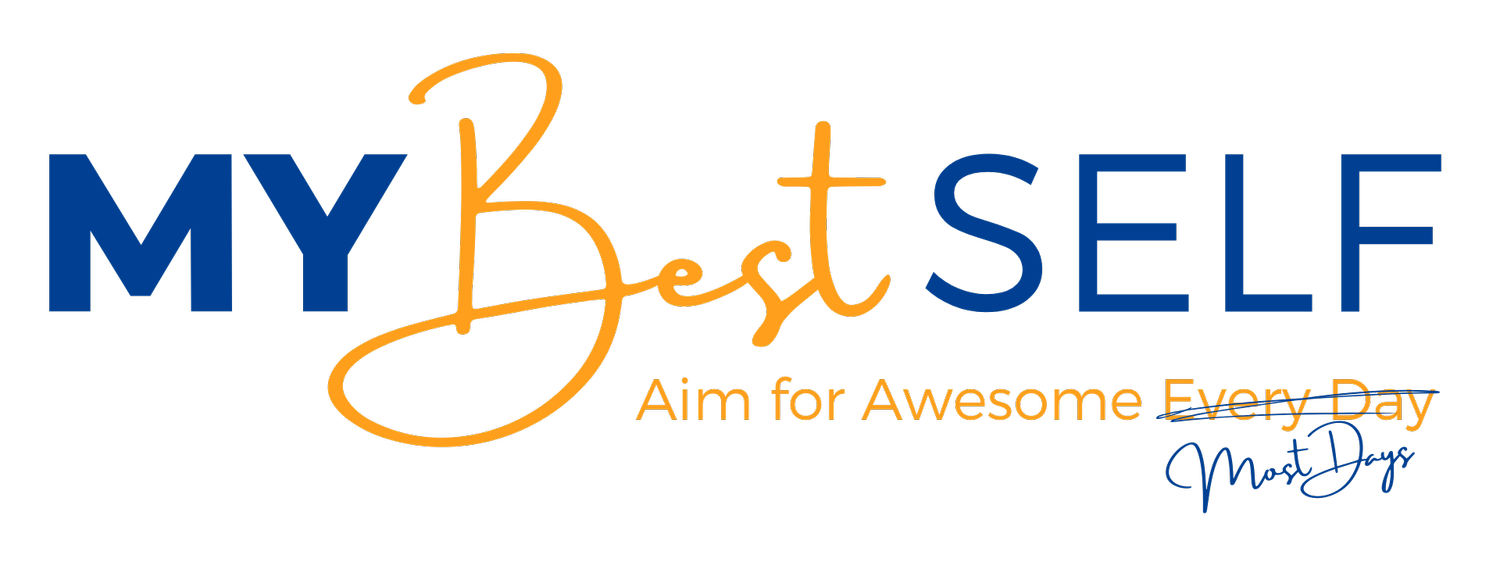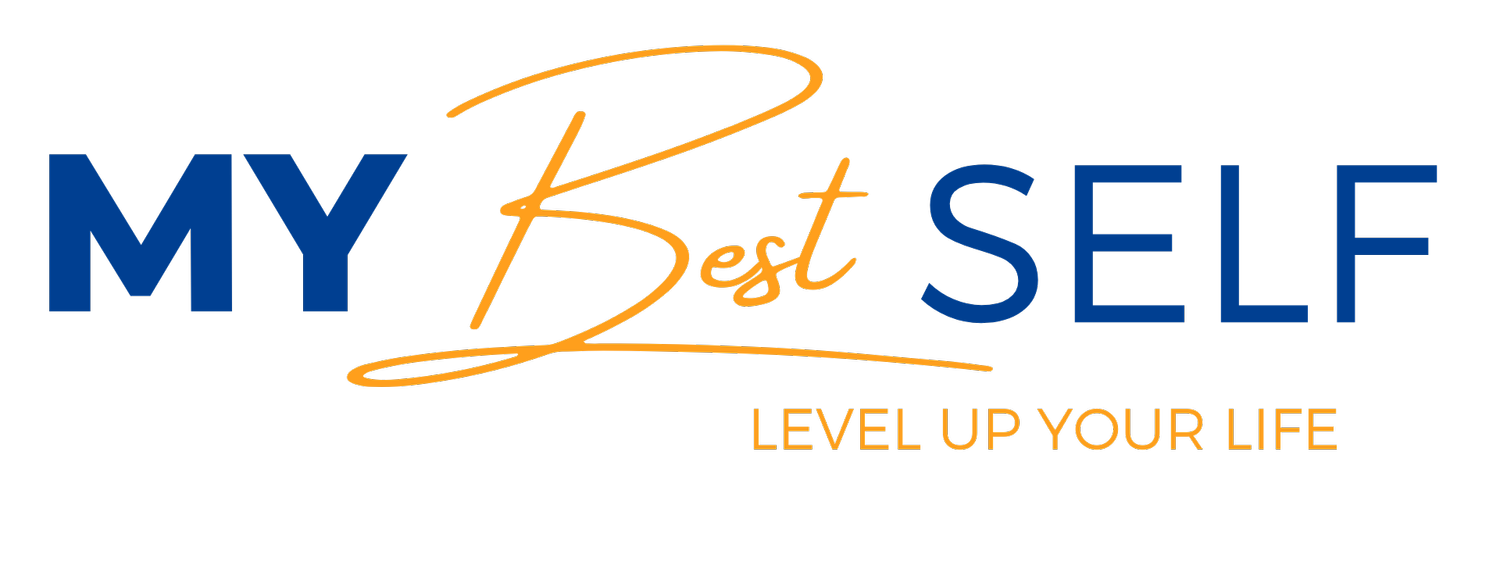Unlocking Success: Empowering Goals through Accountability and Action
Recently I ran a poll on LinkedIn asking which goal-oriented workshops resonated the most with you and resoundingly “tackling distractions” and “overcoming procrastination” were the top hitters. I too suffer from distractions and procrastination so I immediately felt I was not alone.
We all admire (and maybe secretly envy) those people who always manage to accomplish everything they set out to do. According to Gretchen Rubin in her book The Four Tendencies, these people are Upholders. The book explores how individuals respond to both outer and inner expectations. Upholders can meet both types of expectations, while Obligers meet outer expectations but struggle with inner expectations. Questioners, on the other hand, question all expectations before deciding whether to meet them, and Rebels resist all expectations.
Understanding your tendency can help you develop strategies for achieving your goals and overcoming procrastination. I am a Questioner, which has caused some issues in the past with former managers 🙂
According to Rubin and her research, here is the breakdown of the results from The Four Tendencies Quiz: 41% Obliger, 24% Questioner, 19% Upholder, 17% Rebel
This article is not for the Upholders; I am speaking to the Obligers and Questioners (because, let's be honest, will the Rebels even bother reading this?). There are still ways to achieve our goals, although it may not be as easy for us as it is for Upholders. However, several scientifically proven strategies can help us in the process, and they're not at all painful to put into practice.
Research has shown that writing down your goals, committing to goal-directed actions, and being accountable for those actions can greatly increase the likelihood of achieving those goals.
A study conducted by the Dominican University of California found that those who wrote down their goals achieved significantly more than those who did not write down their goals. Additionally, those who made commitments to a friend and sent weekly progress reports accomplished significantly more than those who had unwritten goals, wrote their goals, or formulated action commitments.
So, how can you apply these findings to your own life? Here are some action items to consider:
Write down your goals: Take some time to clearly define your goals and write them down. Be specific and make sure they are measurable.
Make commitments: Share your goals and commitments with a friend or accountability coach. This will help hold you accountable and increase the likelihood that you’ll achieve your goals.
Take action: Break down your goals into smaller, achievable tasks. Make a plan for how you will accomplish each task and commit to taking action.
Track your progress: Keep track of your progress and make adjustments as needed. Consider sending weekly progress reports to your accountability coach to help keep you on track.
Celebrate your successes: When you achieve a goal, take the time to celebrate your accomplishment. This will help build momentum and keep you motivated to continue working towards your next goal.
This is not groundbreaking information. You have likely heard these tactics many times before. Perhaps you have even tried them, yet still failed to achieve your goals. You can continue to work alone, at home, in a silo, and hope that the results will be different from last time. Or, you can try something new and different to get different results.
In my experience, the most impactful tactic for achieving results as an Obliger or Questioner is having an accountability coach or partner. I am an accountability coach for others, and I also have accountability partners.
If you are ready to take significant steps toward achieving your goals, please let me know. I have availability for 5 amazing individuals who have struggled with their goals in the past but are now prepared to make an external commitment to achieving them. Click here to schedule a free 15-minute call to learn more about how Accountability Coaching works.
Contribute to this article in the comments, here are some suggestions:
Let us know if you have an accountability coach or partner and how it’s changed the way you approach your goals.
What is your Tendency? How has it impacted your goals?

